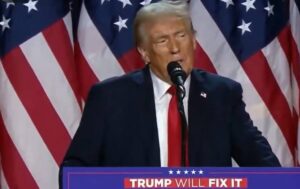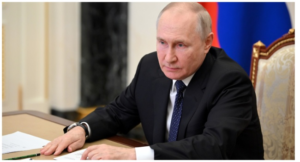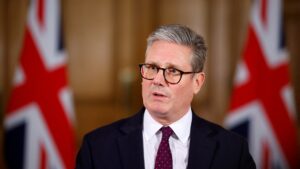The nation’s foreign exchange reserves, which had increased significantly in recent months to hit the $30bn mark, fell for the first time this year on Tuesday.
Latest data from the Central Bank of Nigeria showed on Wednesday that the external reserves dropped to $30.349bn on Tuesday from $30.352bn on Monday.
The reserves, which rose 17.4 per cent from last year when they closed at $25.843bn, hit a low of $23.89bn on October 19, 2016.
The foreign exchange reserves had on December 14 dropped to $25.041bn from $25.048bn the previous day but it increased to $25.043bn the next day.
Continuing their upward trend since then, the reserves crossed the $30bn mark on March 8, 2017 when it closed at $30.014bn from $29.967bn on March 7, the CBN data showed.
Meanwhile, industry experts have described the Tuesday’s decision of the Monetary Policy Committee of the CBN to leave key rates including the benchmark interest rate unchanged as a step in the right direction.
The Chief Executive Officer, Cowry Asset Management Limited, Mr. Johnson Chukwu, said, “It is in line with our expectations. They couldn’t have afforded to loosen because of the pressure that will bring on foreign exchange market. Likewise, they couldn’t have afforded to tighten because the economy is in a recession, and we have not come out of recession. So, you cannot tighten further.”
“I think what they did was the first thing they could have done given the current situation of things.”
The Director-General, West African Institute for Financial and Economic Management, Prof. Akpan Ekpo, said, ‘’It is the right decision because we are not yet out of recession; so let the fiscal side do its work. The MPC decision is perfect; that was what I expected. They need fiscal and structural policies to get us out of recession.”








